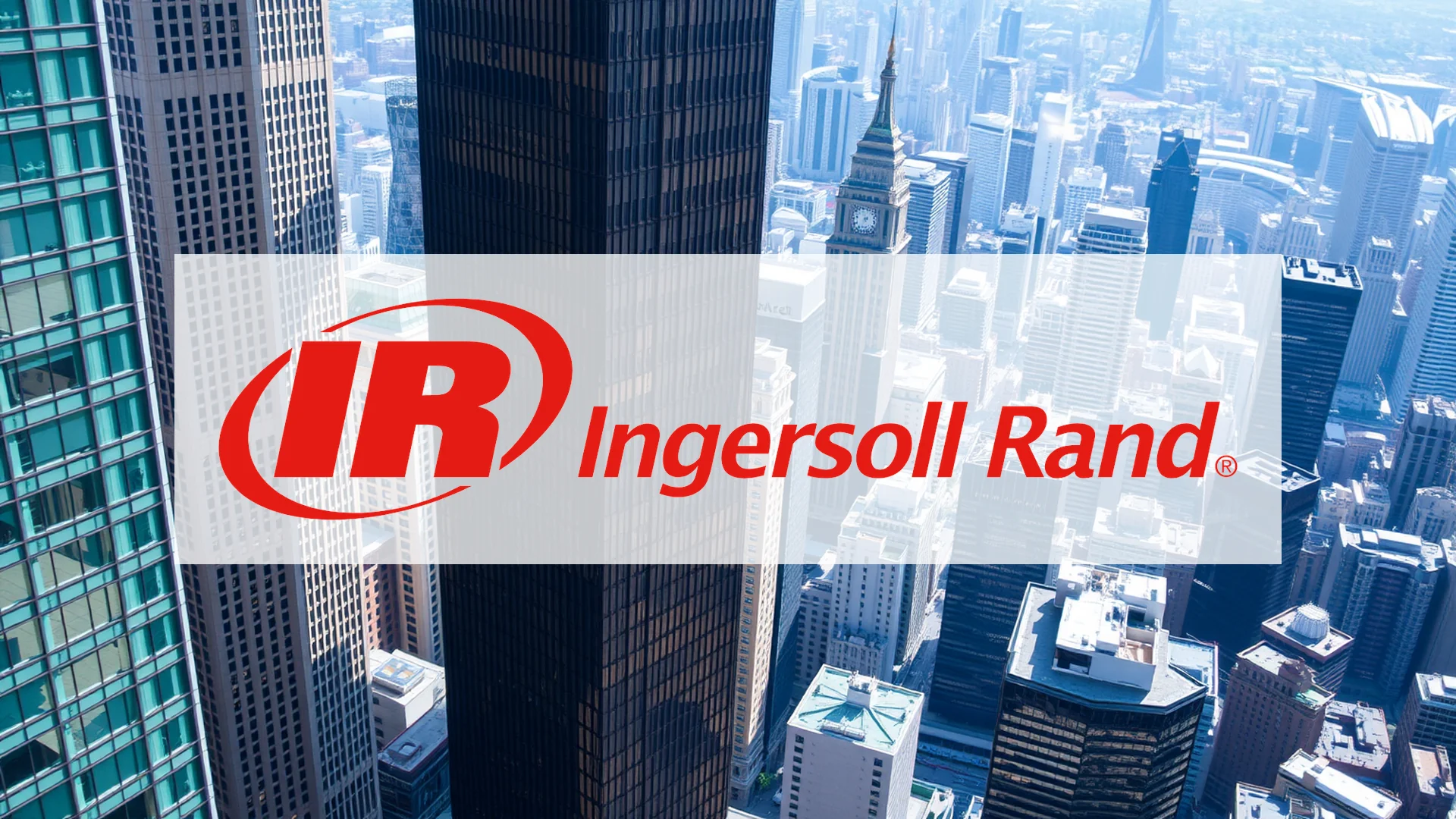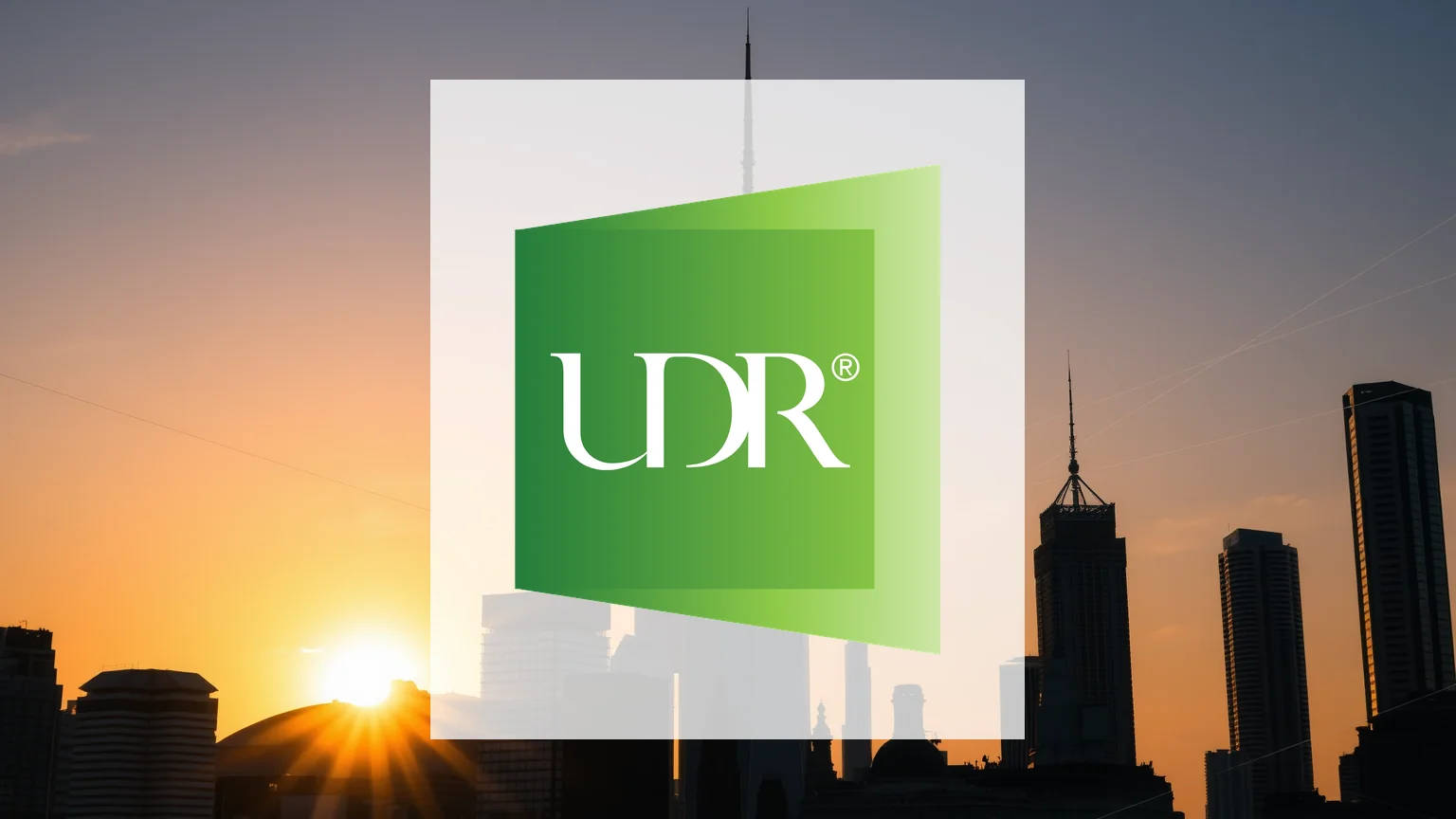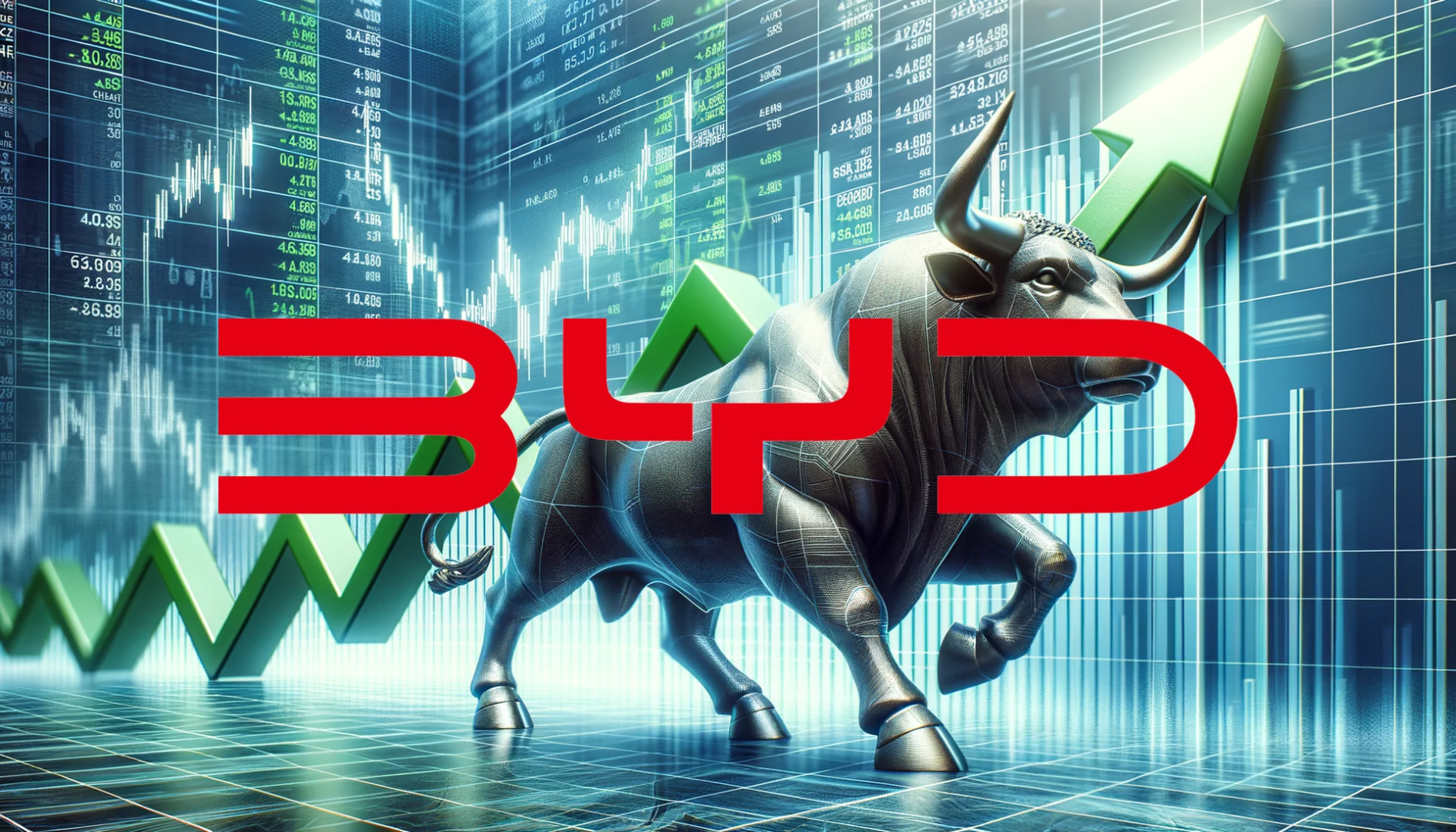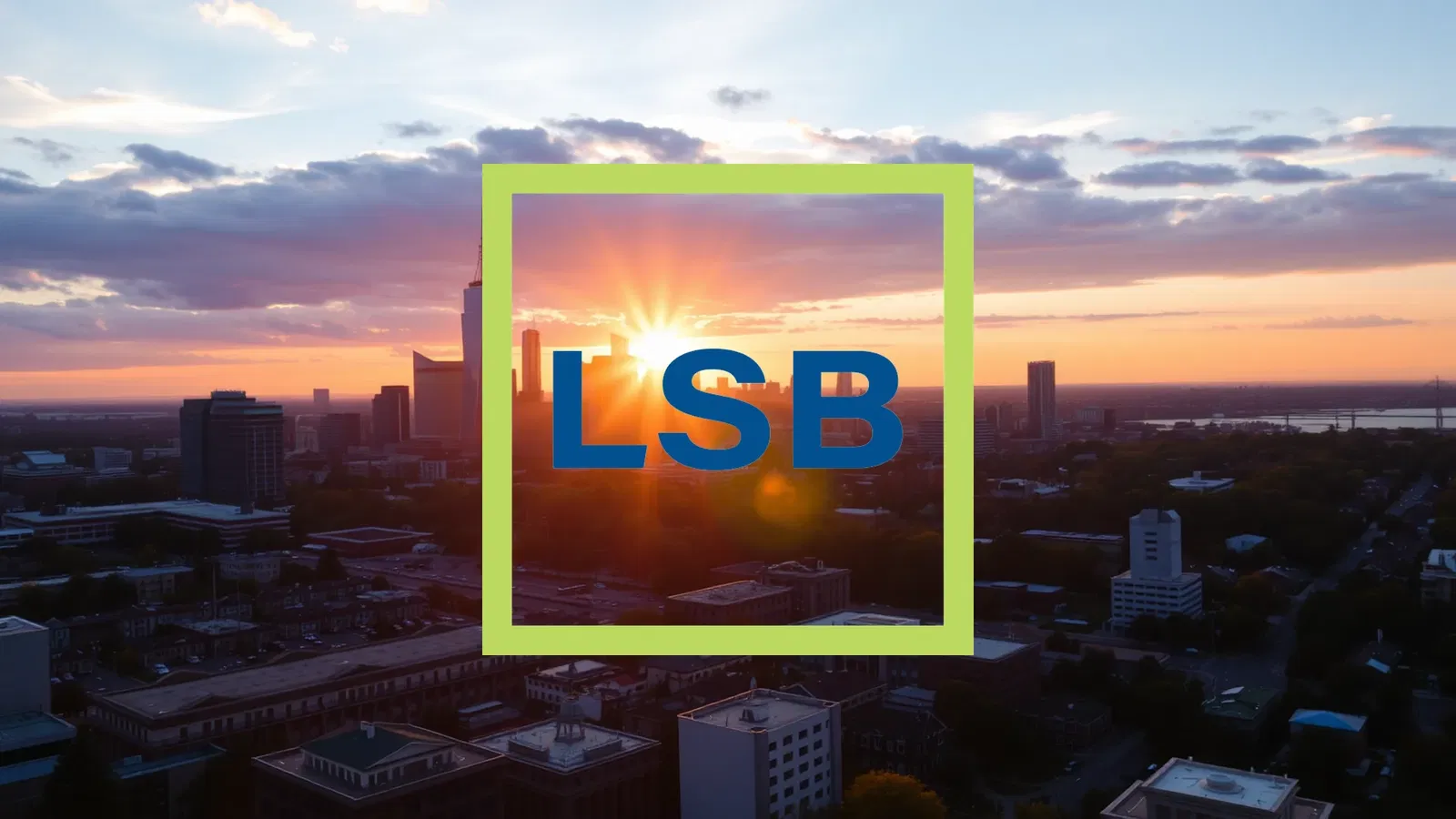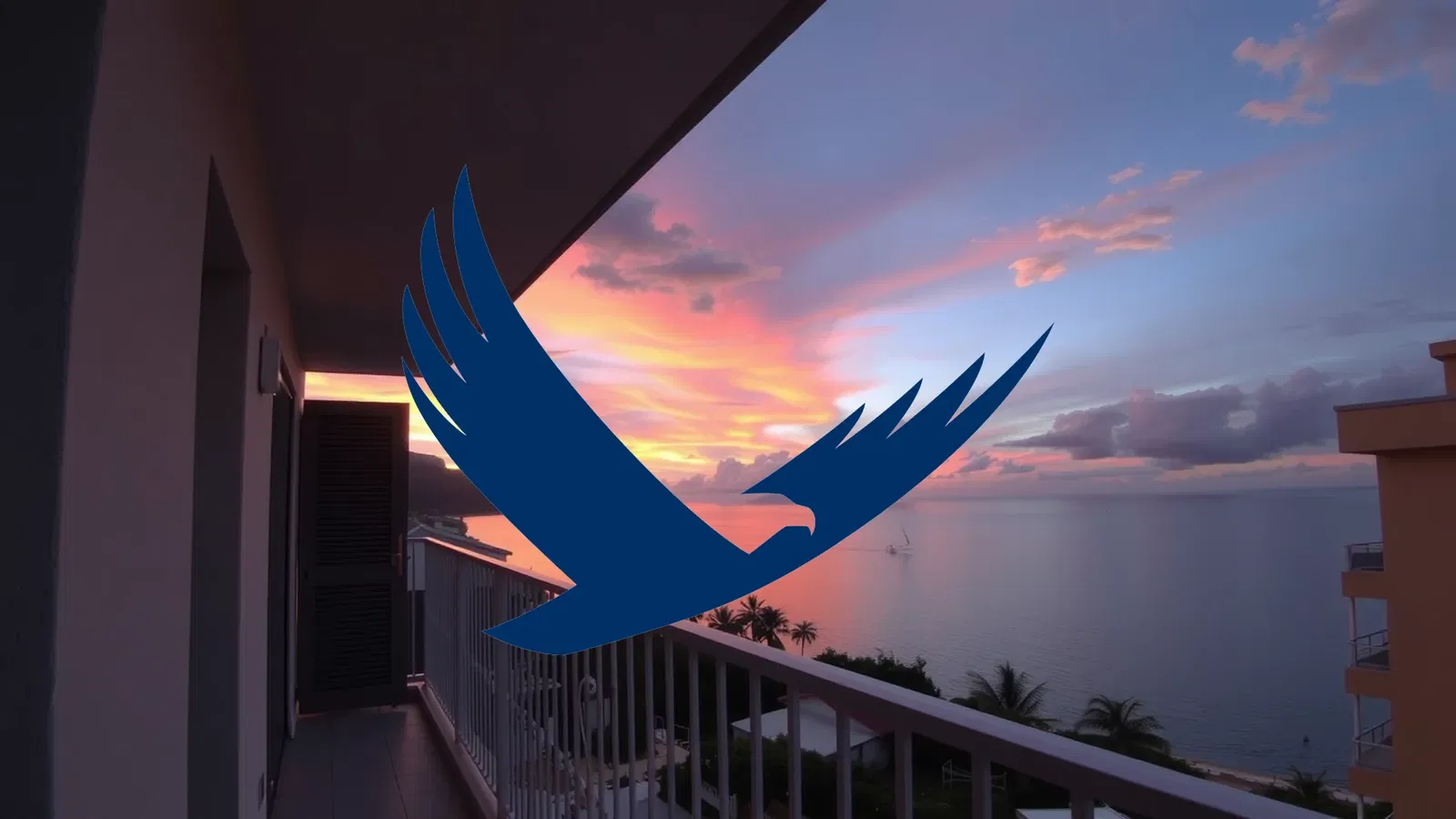In a puzzling market reaction, Cassava Sciences witnessed its stock value decline despite achieving a significant legal victory. On Friday, investors chose to sell shares even as the U.S. Department of Justice dropped fraud allegations against former company consultant Hoau-Yan Wang. The biopharmaceutical company’s shares closed at $3.78, representing a 3.32% decrease for the day.
Legal Victory Meets Investor Skepticism
The unexpected termination of criminal proceedings against Wang marks a pivotal moment for Cassava Sciences. Federal prosecutors dismissed allegations of data manipulation concerning the Alzheimer’s drug candidate Simufilam without providing specific reasons. While this development theoretically represents a validation of the company’s scientific integrity, market participants responded contrary to expectations.
The explanation for this counterintuitive reaction lies in the company’s complicated history. Rather than viewing the legal resolution in isolation, investors appear to be weighing it against previous regulatory challenges.
Regulatory Scrutiny and Leadership Changes
Cassava Sciences’ recent past continues to influence market perception. Just months earlier, in October 2024, the company finalized a $40 million settlement with the U.S. Securities and Exchange Commission. The resolution addressed allegations that the company had misled investors through manipulated clinical data. Former CEO Remi Barbier and former Vice President Lindsay Burns faced civil injunctions and financial penalties as part of the settlement.
Under the leadership of Richard Barry, who assumed the CEO position in September 2024, the company is attempting to rebuild its reputation. Recent governance enhancements include the appointment of Dawn C. Bir to the board of directors, bringing additional expertise to the organization.
Should investors sell immediately? Or is it worth buying Cassava Sciences?
Strategic Pivot Following Clinical Setbacks
The company’s research focus has undergone substantial transformation following clinical disappointments. Simufilam, once considered a promising Alzheimer’s treatment, failed in Phase 3 clinical trials and was discontinued by mid-2025. Cassava has since redirected its efforts toward investigating the compound’s potential application for tuberous sclerosis—representing a complete strategic shift.
The company’s historical performance reveals significant challenges:
- A 55% share price decline following an FDA complaint in 2021
- More than 91% value erosion over the past year
- Current market capitalization standing at approximately $189 million
Forward Outlook and Market Sentiment
Investors await the next quarterly financial results, scheduled for release between November 4 and November 13. Market analysts maintain cautious positioning, with most recommending that investors “reduce” their holdings. The initial clinical testing of Simufilam for tuberous sclerosis isn’t anticipated until the first half of 2026.
The critical question remains whether Cassava Sciences can restore investor confidence through its new leadership and strengthened governance framework, or whether the company will continue to represent a speculative opportunity primarily suited for risk-tolerant market participants. The coming weeks are likely to establish the directional trajectory for this embattled biotech firm.
Ad
Cassava Sciences Stock: Buy or Sell?! New Cassava Sciences Analysis from February 7 delivers the answer:
The latest Cassava Sciences figures speak for themselves: Urgent action needed for Cassava Sciences investors. Is it worth buying or should you sell? Find out what to do now in the current free analysis from February 7.
Cassava Sciences: Buy or sell? Read more here...





